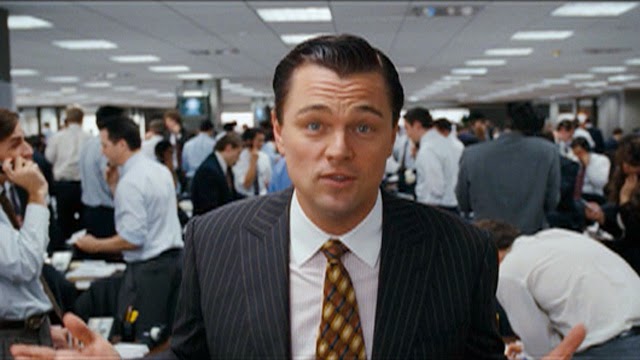Smart is not the same as Wise!
In October 2008, the world entered into a recession unequaled since the Great Depression of 1929. Many people, including economists, thought that such a recession was no longer even possible. What made the recession particularly odd is that it came after, not before, investment banking started attracting the best and the brightest among the graduates of the top universities in the world.
How could such smart people have created so much misery for so many people?
Even more curiously, how could these smart people have then tried to profit from the misery they created, so ignorant of its repercussions that the CEO of Goldman Sachs, Lloyd Blankfein, referred to the company as doing "God's work?" This was the same company that later was revealed to be betting its own funds against the funds of clients who paid Goldman Sachs for financial advice.
Smart people can be so stupid, or to be exact, foolish, because they are unwise. Having intelligence is not the same as being wise. People in particular and the world in general will experience greater happiness when our schools - particularly our business schools - place more emphasis on the acquisition of wisdom, and not just on the accumulation of knowledge.
Much of what we understand about wisdom has to do with discernment and judgement - the evident capacity to think well about a problem or a dilemma and arrive at a considered decision that seeks to achieve the best outcome for all concerned - ultimately, the common good.
Researchers in the psychology of wisdom have suggested that being wise is:
Perhaps the most comprehensive definition of wisdom comes from Robert Sternberg, Professor of Human Development at Cornell University. "Wisdom", he says "is not just about maximizing one’s own or someone else’s self-interest, but also about balancing various self-interests (interpersonal) with the interests of others (interpersonal) and about other aspects of the context in which one lives (extrapersonal), such as one’s city or country or the world. The common good needs also to take into account distributive justice: the rights of individuals and subgroups within any collectivity, and what is as nearly fair as possible to all."
Being smart is certainly a necessary but not a sufficient condition for being wise.
How could such smart people have created so much misery for so many people?
Even more curiously, how could these smart people have then tried to profit from the misery they created, so ignorant of its repercussions that the CEO of Goldman Sachs, Lloyd Blankfein, referred to the company as doing "God's work?" This was the same company that later was revealed to be betting its own funds against the funds of clients who paid Goldman Sachs for financial advice.
Smart people can be so stupid, or to be exact, foolish, because they are unwise. Having intelligence is not the same as being wise. People in particular and the world in general will experience greater happiness when our schools - particularly our business schools - place more emphasis on the acquisition of wisdom, and not just on the accumulation of knowledge.
Much of what we understand about wisdom has to do with discernment and judgement - the evident capacity to think well about a problem or a dilemma and arrive at a considered decision that seeks to achieve the best outcome for all concerned - ultimately, the common good.
Researchers in the psychology of wisdom have suggested that being wise is:
- Balancing different kinds of thinking - objective and logical processes, and subjective and organismic processes. Logos and Mythos.
- Balancing between various self-systems such as the cognitive, conative, and affective, resulting in a well-balanced personality, where the conscious and unconscious interact in harmony.
- Balancing between different points of view, or on "a balance between the opposing valences of intense emotion and detachment, action and inaction, knowledge and doubts".
Perhaps the most comprehensive definition of wisdom comes from Robert Sternberg, Professor of Human Development at Cornell University. "Wisdom", he says "is not just about maximizing one’s own or someone else’s self-interest, but also about balancing various self-interests (interpersonal) with the interests of others (interpersonal) and about other aspects of the context in which one lives (extrapersonal), such as one’s city or country or the world. The common good needs also to take into account distributive justice: the rights of individuals and subgroups within any collectivity, and what is as nearly fair as possible to all."
Being smart is certainly a necessary but not a sufficient condition for being wise.




Comments
Post a Comment